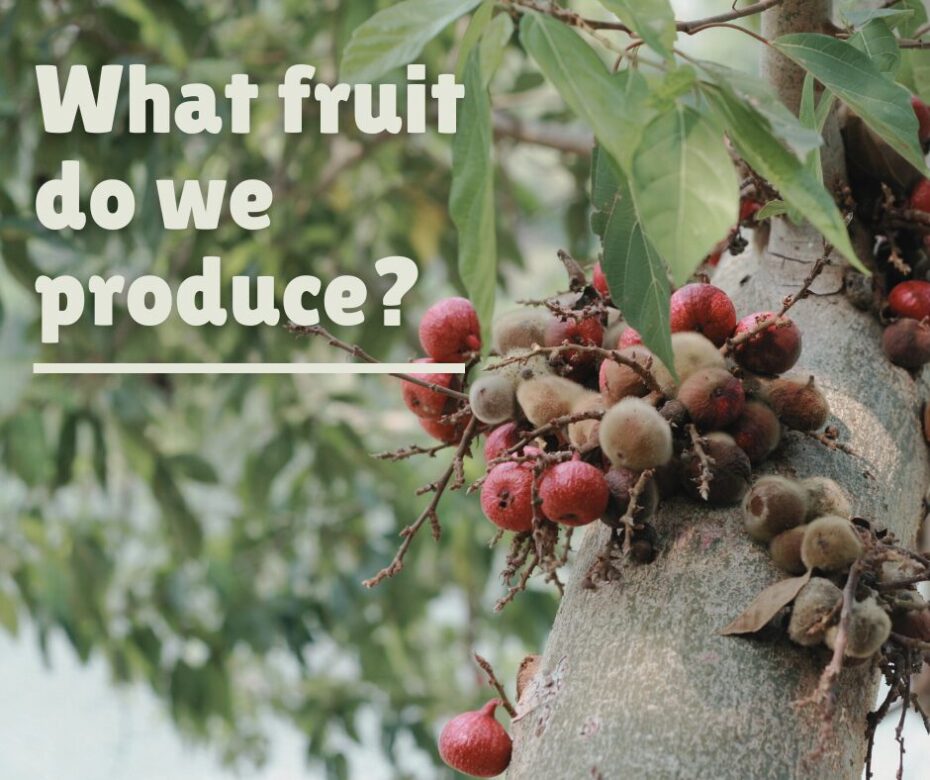In Luke 6, the Lord gives a sermon called the Sermon on the Plain. In it, He refers to a tree that produces good fruit and a tree that produces bad fruit (6:43). Even though many think He is talking about how we recognize a believer, that is not the case.
Instead, the Lord refers to His teachings compared to the Pharisees’ teachings. His teachings produce fruit, and He compares them to figs and clusters of grapes. These speak of fruitfulness, peace, and blessings both in this life and in the world to come. The teachings of the Pharisees are compared to thorns and a bramble bush (6:44). They speak of death, the curse, and a lack of fruit.
The Pharisees’ teachings are legalistic. They produce a person who is arrogant and judgmental and who knows nothing of grace or mercy. Such a person can easily see a piece of sawdust in the eye of another but be blind to the huge board in his own (6:41).
The Lord’s teachings are different. They lead the believer to be humble and full of mercy (6:37-38). Such a disciple will serve others without an arrogant or judgmental attitude toward them (6:42).
The believer has a choice. Which “tree” will he become? If he follows the critical, legalistic teachings of the Pharisees, that is the fruit he will produce. If he follows the teachings of the Lord, he will become like Him (6:40). A believer–who has eternal life that can never be lost–can produce good or bad fruit. It depends upon the teachings that he listens to, believes, and expounds.
Today, we don’t have the Pharisees who taught during Jesus’ earthly ministry. But we have teachers like them. They deny that salvation from the lake of fire is by grace, and they exhort their disciples to do good works to prove they are children of God. They demand that we become “fruit inspectors.” We should look at the works of others to see if they measure up. We should look at our own lives and compare ourselves to others. Such teachings automatically produce arrogance and feelings of spiritual superiority. Invariably, folks who follow that teaching will develop a list of dos and don’ts to help evaluate themselves and others. Such a list allows us to see the speck in another’s eye without seeing the five-foot-long board in our own.
Being around such people is depressing. They lack assurance of their salvation and cause those around them to lack it as well. The Christian life is seen as one of fear. We can only hope we are good enough to make it into the kingdom. As we look around at others, we find a little bit of comfort in the smug realization that we are better than they are.
Listening to and following legalistic teaching will provide us with a steady diet of thorns and bramble bushes. We will then give that kind of fruit to others.
But what a difference comes from listening to the teachings of grace! Most of the readers of this blog have been around people like that. These people know they have eternal life. They know they will always be the children of God. Works play no part in it whatsoever. It is all by grace. They can look at others in the same light. They also have the privilege of serving the Lord out of gratitude for that indescribable gift. He has given them the grace to serve Him and others so He can reward them in His coming kingdom. Christian service is not done out of fear, but joy. When believers talk like that, it is like eating figs or clusters of grapes off a tree.
The Lord says that believers ought to fill their hearts with such teachings. If they do, their mouths will speak of such things (6:45). The Lord, of course, is the perfect Teacher. We ought to drink in deeply His teachings of grace, assurance, mercy, and humility. We can then share that with others.
Isn’t it great to sit around and listen to those who understand grace? Out of the abundance of their hearts, they speak. It is like sitting at the foot of a fig tree and eating the delicious fruit that falls from it.


